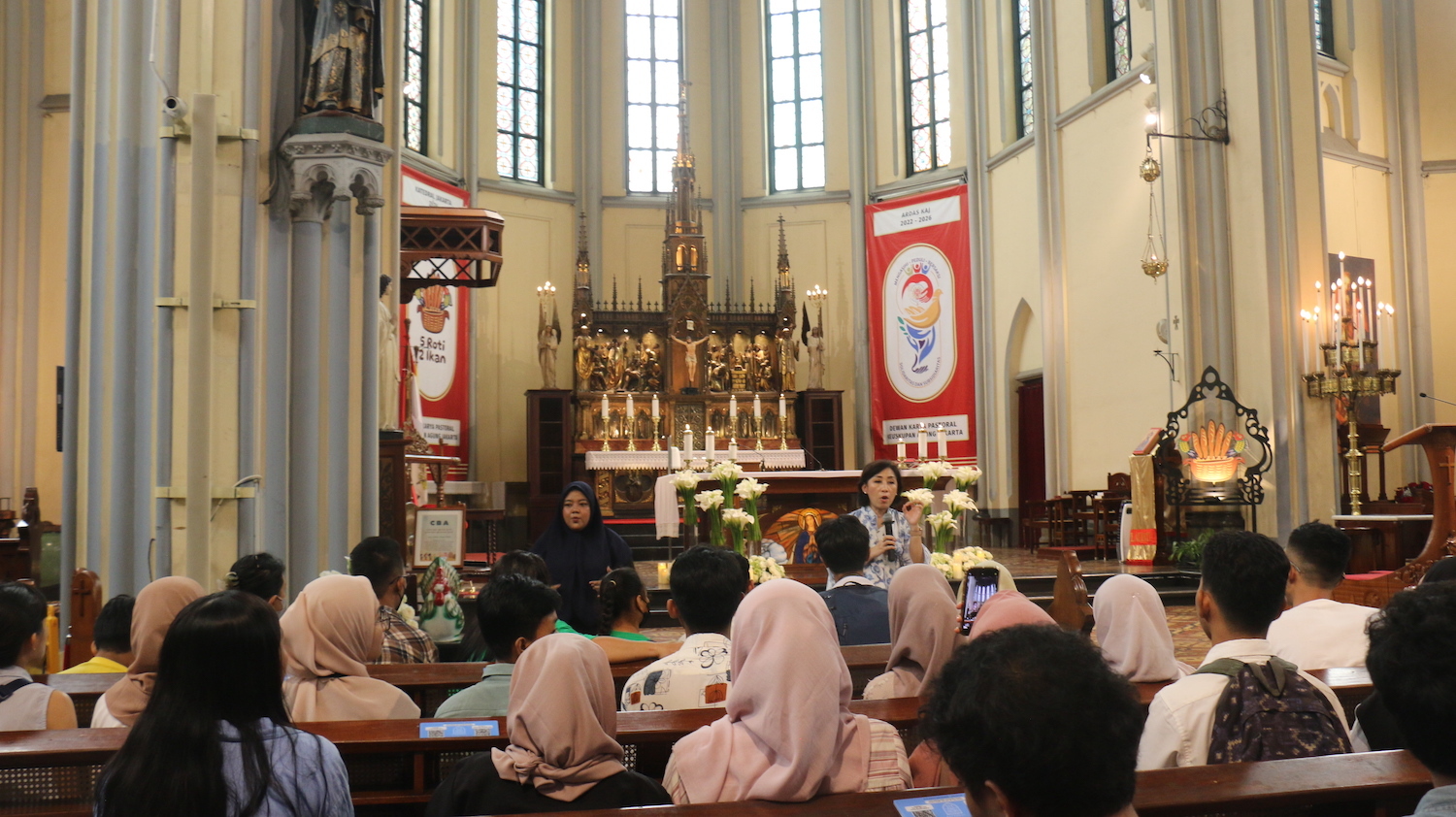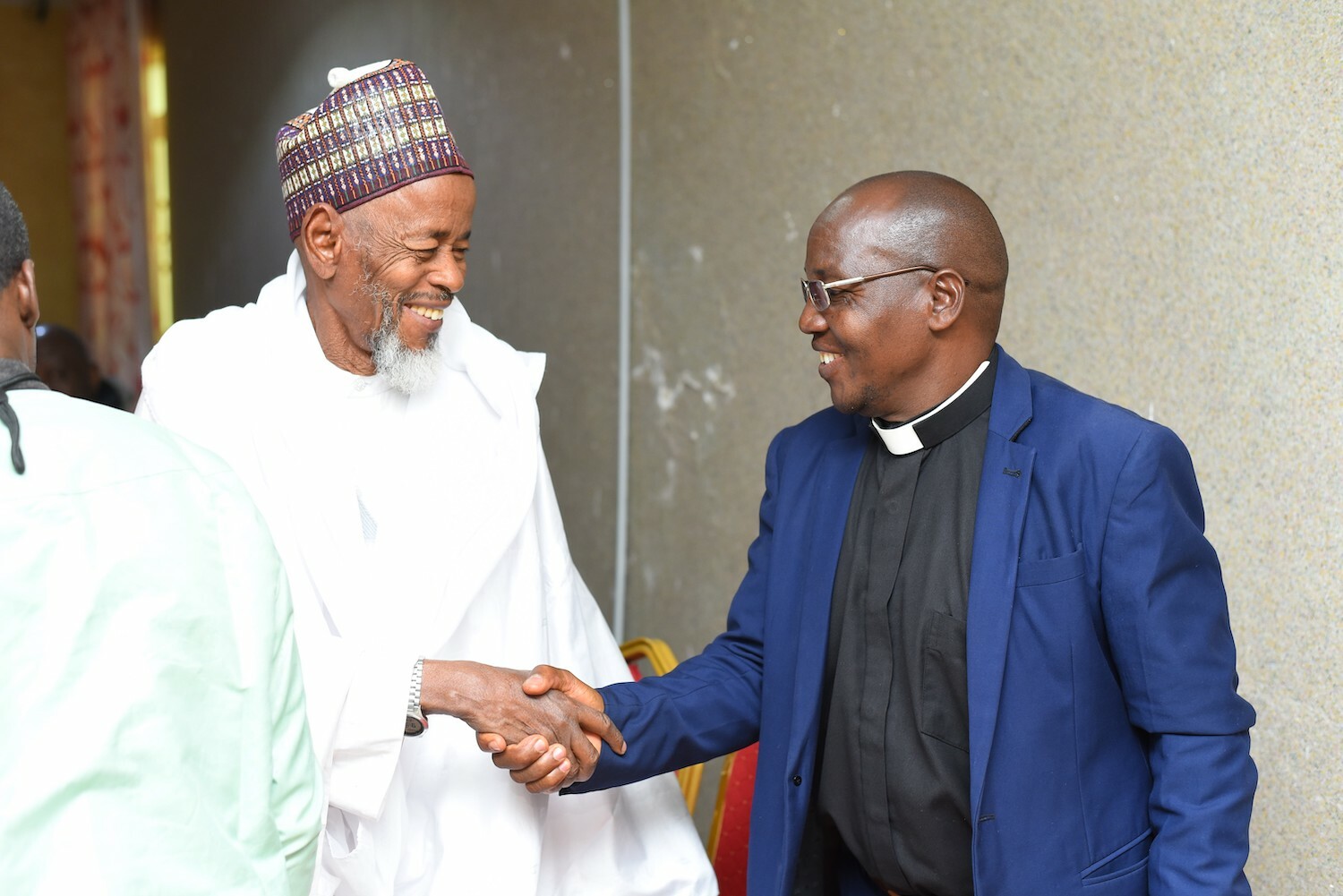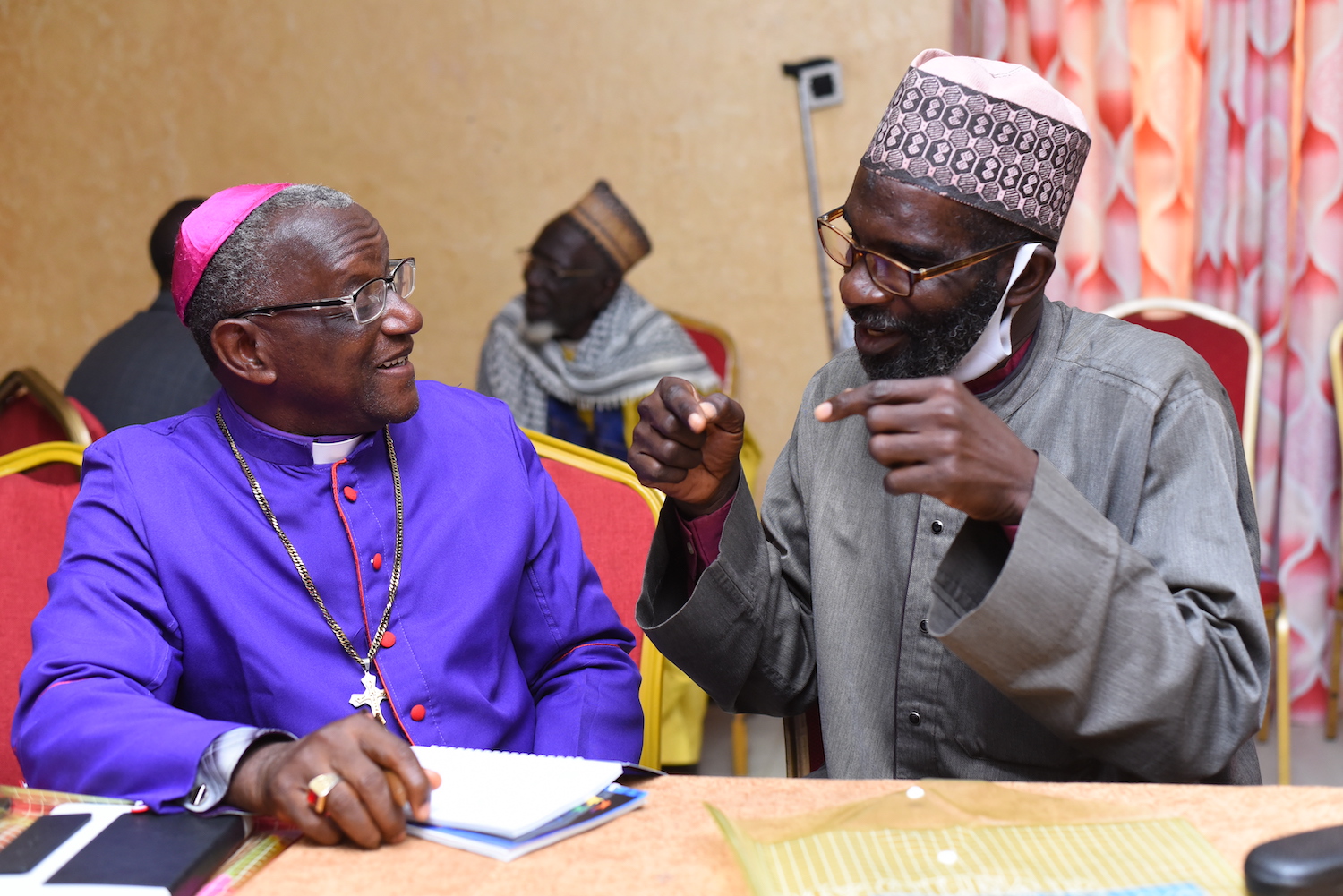Forum on Freedom of Conscience, Belief, and Religion Convened during 2023 Global Peace Convention
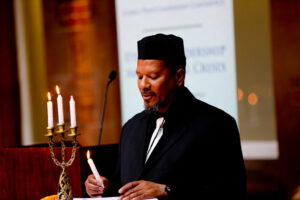
Freedom of faith and conscience is a fundamental human right.
Freedom of religion and conscience rank as perhaps the most fundamental human right. Yet this right is violated around the world both by governments hostile to any expression of faith and governments that persecute or suppress religious minorities, said panelists at the December 7, 2023 forum, “Think Globally, Act Locally: Addressing Religious Freedom.”
The session aimed to bridge the gap between global religious conflicts, such as the current turmoil in Israel, and their impact on local communities, particularly in educational settings and public spaces nationwide.
The forum was hosted virtually as part of the 2023 Global Peace Convention, “One Family under God: Vision for National Transformation and a Civilization of Peace” from November 1 through December 14.
In his opening remarks, Global Peace Foundation International Vice President for Religious Freedom Initiatives Dr. Paul Murray stated, “As we consider how global conflicts can have an impact locally, let us remember that freedom of conscience, belief, and religion is a fundamental human right, not granted by governments or laws, but by our Creator. This sacred freedom nurtures diversity, personal autonomy, and societal harmony, reminding us of our shared humanity and individual dignity.”
The panel coincided with the seventy-fifth anniversary of the UN Declaration of Human Rights and the seventy-fifth anniversary of the establishment of the state of Israel, noted Dr. John Thomas, a faculty member in the Department of Religious Education at Brigham Young University in Idaho.
Dr. Thomas and other panelists stated that the October 7 terrorist attacks by Hamas against Israeli civilians, outbreaks of anti-Semitism at public rallies, and growing attacks on individuals were alarming evidence ongoing threats not only against Jews but religious minorities around the world.
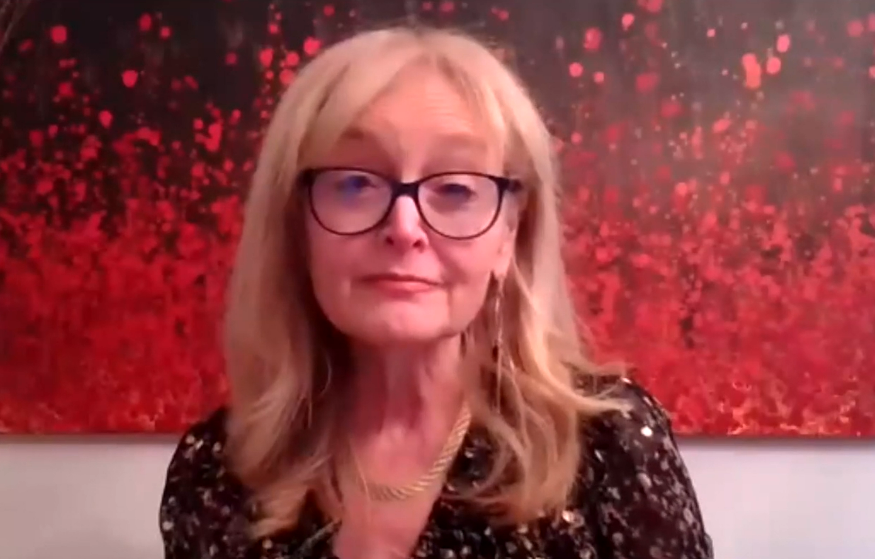
Dr. Katrina Lantos Swett, president of the Lantos Foundation for Human Rights.
Former chair of the U.S. Commission on International Religious Freedom and Global Fellow at the Wilson Center Middle East Program Nadine Maenza said the U.S. State Department maintains a list of religious freedom restrictions in the world and found that the worst violators were either the least religious countries or the most religious. While citing communist countries that largely proscribe religious observance, Ms. Maenza said nationalist groups in many countries, working with the military, are targeting and suppressing minority faiths that are outside of the religious majority.
Dr. Katrina Lantos Swett, president of the Lantos Foundation for Human Rights and Justice and former Chair and Vice-Chair of the United States Commission on International Religious Freedom, said that a survey of religious freedom around the world today is grim indeed. “Approximately 80 percent of the world’s population currently live in countries where conscience rights are severely, and in some case catastrophically, repressed and attacked,” she said, citing minority populations in China, Turkistan, Iran, Nigeria, and other African countries.
She made special note, as the daughter of two Holocaust survivors, of the surging anti-Semitism as both an attack on a specific faith and on a people. Our response, she said, was to first document these acts, to denounce them, to defend those who are victimized, and finally—referencing the tepid congressional testimony of university presidents who equivocated about calls for genocide of Jews on their campuses—never “contextualize” the persecution of any community.
“Approximately 80 percent of the world’s population currently live in countries where conscience rights are severely, and in some case catastrophically, repressed and attacked.”
“When we genuinely respect the conscience rights of others, we are sincerely motivated to defend them as we would defend our own,” she said.
Panelists also discussed how culture can contribute to alienation and division, how facts and news reporting have become sources of dispute, and how a climate of self-censorship and distrust often makes it difficult to even have a conversation. One approach suggested was through volunteer work that more naturally and organically enables those who may have different beliefs to transcend those barriers through mutually supporting an issue or a cause they believe in.
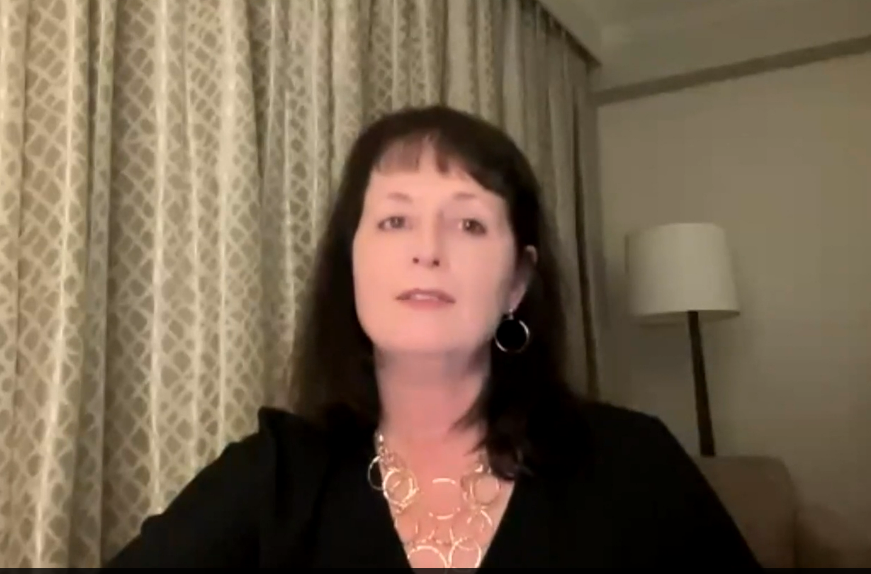
Former chair of the U.S. Commission on International Religious Freedom and Global Fellow at the Wilson Center Middle East Program Nadine Maenza.
Ms. Maenza also described striking progress in unlikely places. Traveling in northeast Syria, she said the conservative Islamic society was the headquarters of the ISIS “caliphate.” When ISIS was defeated, the Syrian Democratic forces empowered the local communities, set up guarantees that respected religious freedom, and provided women with full and equal political representation.
“This is really the most dramatic place I’ve seen, where this has been done in such a short time, where there are churches and Christian converts everywhere, people of all faiths,” she said,” So there are places like that, that you don’t hear about in the news, where you see people working together on the ground to improve their communities.”
When ISIS was defeated, the Syrian Democratic forces empowered the local communities, set up guarantees that respected religious freedom, and provided women with full and equal political representation.
Global Peace Foundation Vice President for Religious Freedom Initiatives Dr. Paul Murray stressed that religious freedom was not only a concern for faith adherents but a fundamental human right that even the nonreligious needed to respect and defend. “When a house is on fire in the neighborhood, you don’t you don’t stop to question the religion of volunteers prior to accepting their help in putting out the fire, ” he said. “You accept everyone’s help to put out that fire.”
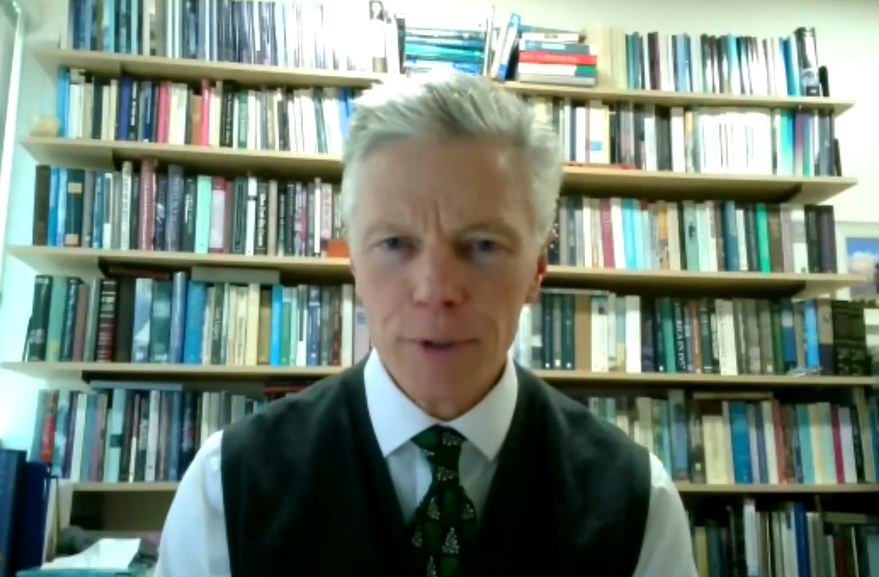
John Thomas, a faculty member in the Department of Religious Education at Brigham Young University.
Dr. Lantos Swett compared the rights of freedom of faith and conscience to the canary in the coal mine—that if we do not defend the conscience rights of all, eventually it will be our own rights that will be attacked and suppressed. There should never be coercion in matters of faith and conscience, panelists agreed, and only in societies built on that fundamental freedom can the good that we all want for our families and our communities flourish.
The forum was moderated by Carly Amon, a Research and Communications intern at the Global Peace Foundation and a student at BYU Idaho. The Global Peace Convention is a bi-annual convening of the Global Peace Foundation. Freedom of Religion and Conscience was among eight tracks presented during the convention, which concluded with in-person assembles in Manila, the Philippines.
Learn more about the 2023 Global Peace Convention and GPF’s Freedom of Conscience, Belief, and Religion initiatives.

